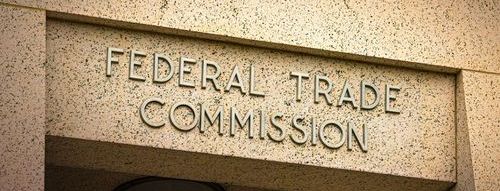In an interim report released on July 9, the Federal Trade Commission charges major pharmacy benefit managers of engaging in business practices designed to benefit their own bottom lines at the expense of clients.
The FTC report, subtitled “The Powerful Middlemen Inflating Drug Costs and Squeezing Main Street Pharmacies,” alleges that certain PBMs manipulate their formularies to steer patients toward pricier drugs that produce bigger rebates from drugmakers. On paper, it appears the clients are saving money, but they’re actually paying more than they would have for comparable generics, while the PBMs pocket most or all of the rebates.
The agency also claims that larger PBMs push cancer patients toward specialty pharmacies with which they own or share a vertical business relationship. “Dominant [PBMs] can hike the cost of drugs – including overcharging patients for cancer drugs,” said FTC Chair Lina Khan.
In response to the report, JC Scott, president of the PBM trade association Pharmaceutical Care Management Association, accused the FTC of cherry-picking from isolated cases. “The report completely overlooks the volumes of data that demonstrate the value that PBMs provide to America’s healthcare system.”
A day after the FTC announced their findings, The Wall Street Journal reported that the agency is preparing to sue the three largest PBMs over their pricing negotiation tactics. These PBMs manage about 80% of U.S. prescriptions. (The WSJ article is subscriber-only, but you can also read about it at Healthcare Dive.)

